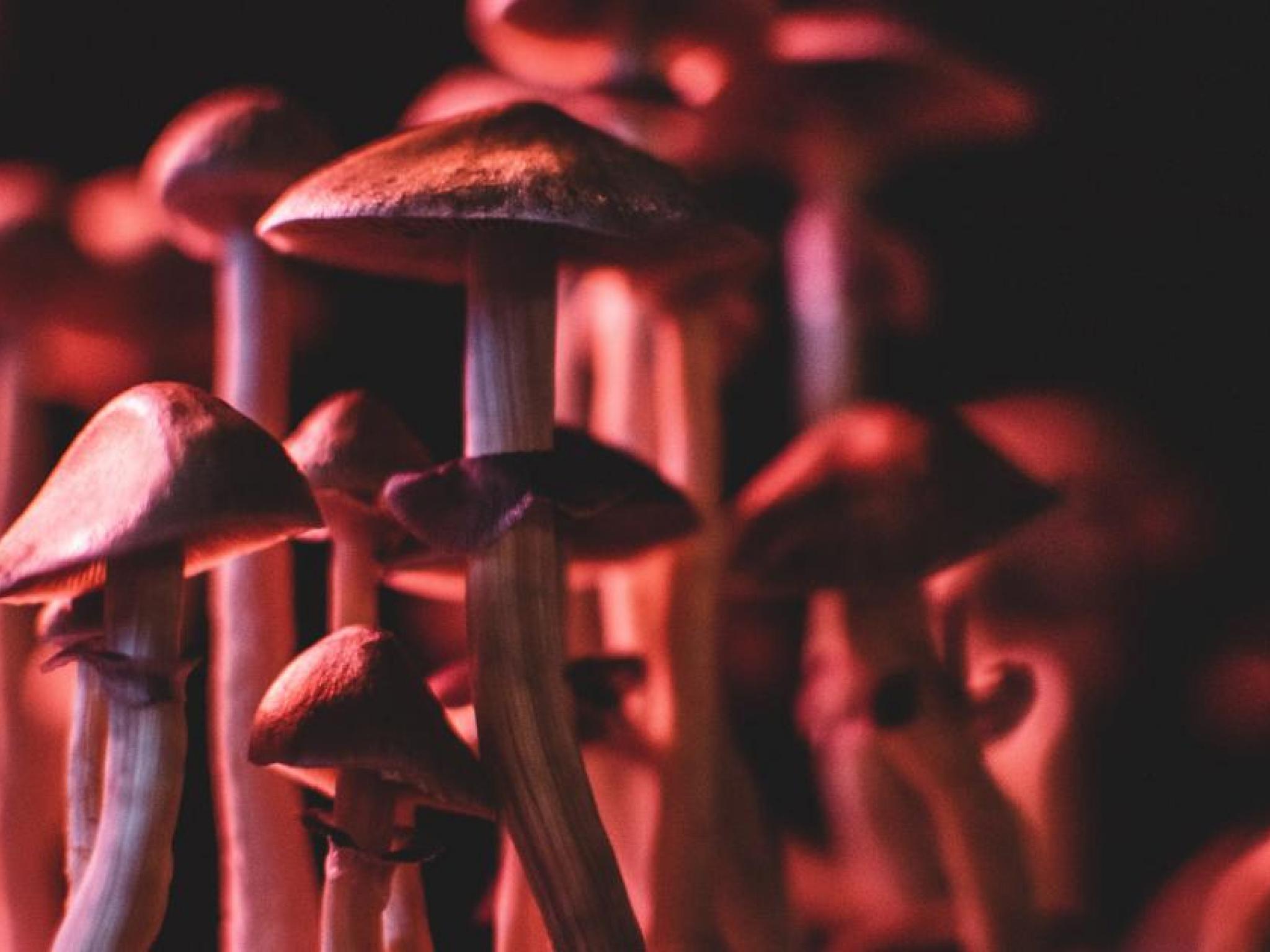
A recent study led by Imperial College London’s Centre for Psychedelic Research found that psilocybin could increase neuroplasticity in cases of treatment-resistant depression (TRD), even more than traditional antidepressants, such as selective serotonin reuptake inhibitors (SSRIs).
The results of the study were reported in the journal Nature Medicine under the name “Increased global integration in the brain after psilocybin therapy for depression.” The research indicates that psilocybin increased brain connectivity both during treatment and the following three weeks.
The authors of the study noted that “patients with a diagnosis of depression often exhibit a negative cognitive bias, characterized by pessimism, poor cognitive flexibility, rigid thought patterns and negative fixations regarding ‘self’ and the future [...] A hierarchically supraordinate intrinsic brain network, the default mode network (DMN), is associated with introspection and self-referential thinking. These cognitive functions are often overactive in depression.”
The term “DMN” is used to reference a network of interacting brain regions that are always operating in the background but are less active when performing a focused task.
Previous research found that psychedelics intake could alter DMN paths. According to the new study, changes in brain connectivity could be attributed to “a specific decrease in within-DMN connectivity and increase in DMN connectivity with other higher-order networks.”
In other words, psilocybin could help the brain break out of depression’s rigid and structured patterns in ways that traditional antidepressants can not.
The study consisted of two clinical trials. On the first one, 19 people participated in an open-label trial in TRD, where all participants received psilocybin. The second trial was a randomized control trial in a more general type of depression, the objective of which was to compare psilocybin with the SSRI escitalopram. In this case, 21 people received escitalopram, and 22 received psilocybin.
“One exciting implication of our findings is that we have discovered a fundamental mechanism via which psychedelic therapy works not just for depression—but other mental illnesses, such as anorexia or addiction. We now need to test if this is the case, and if it is, then we have found something important,” commented Robin Carhart-Harris, director of the Psychedelics Division of Neuroscape, UCSF.
The study comes at a time when more and more trials on psilocybin are being conducted to evaluate the substance’s effectiveness against mental health disorders.
Photo: Courtesy of Marco Allegretti on Unsplash








